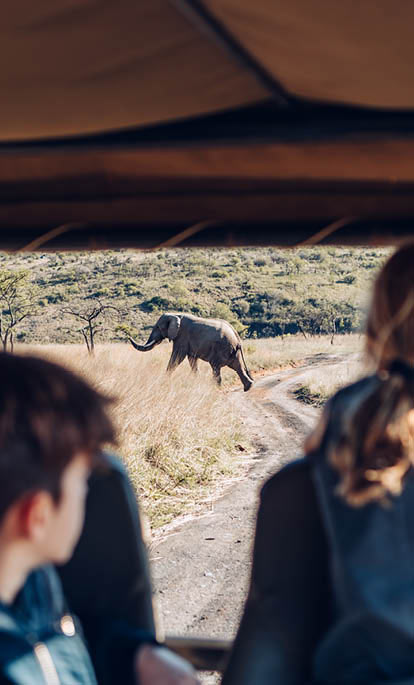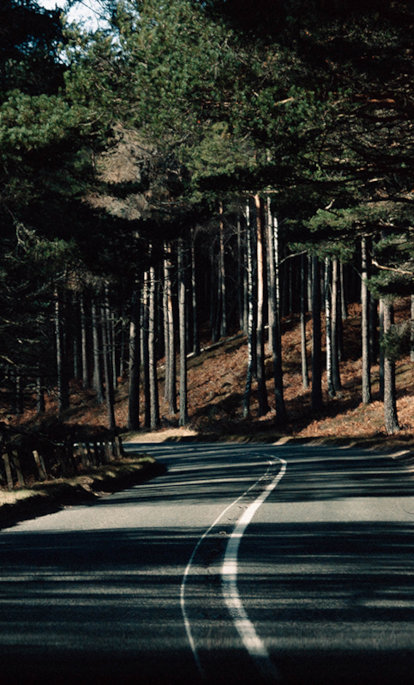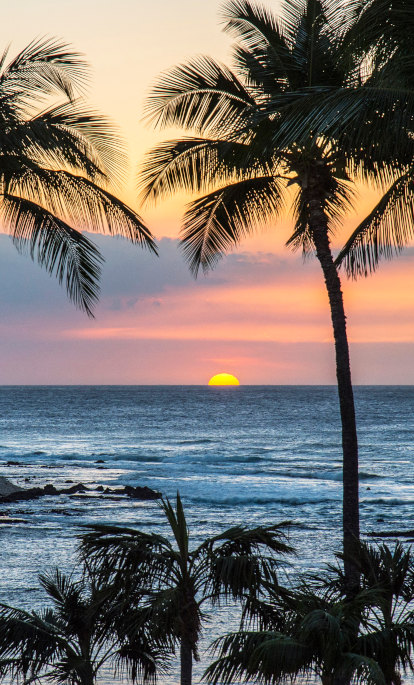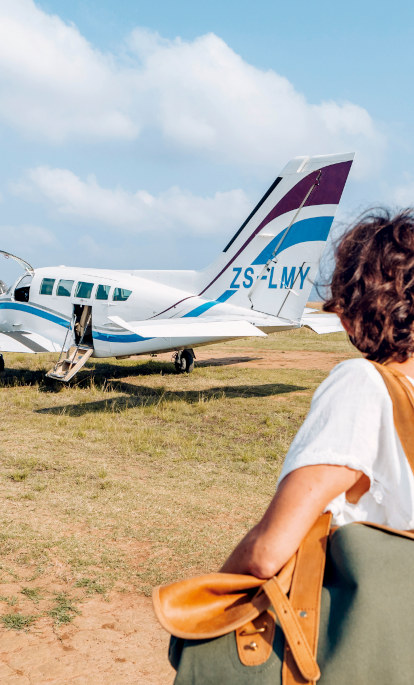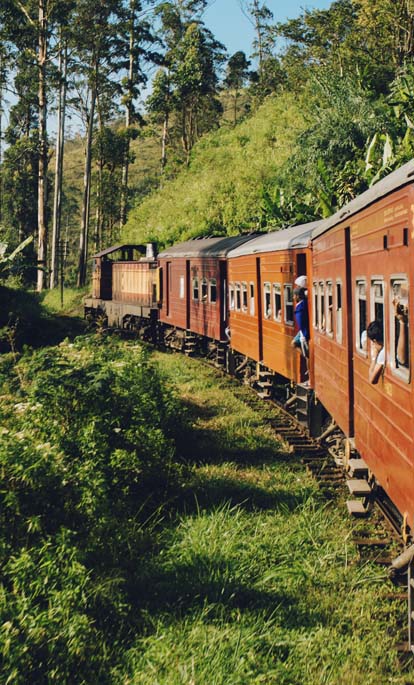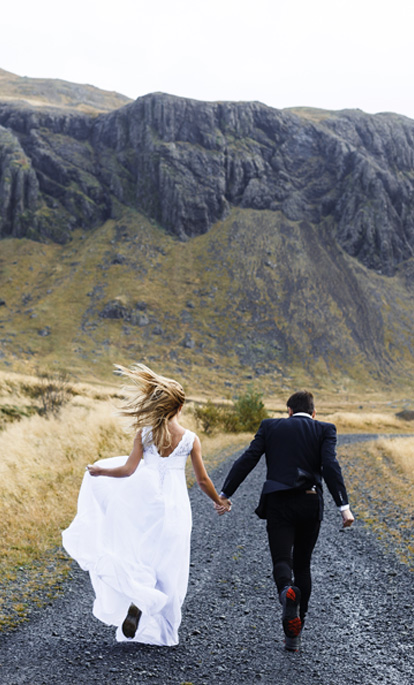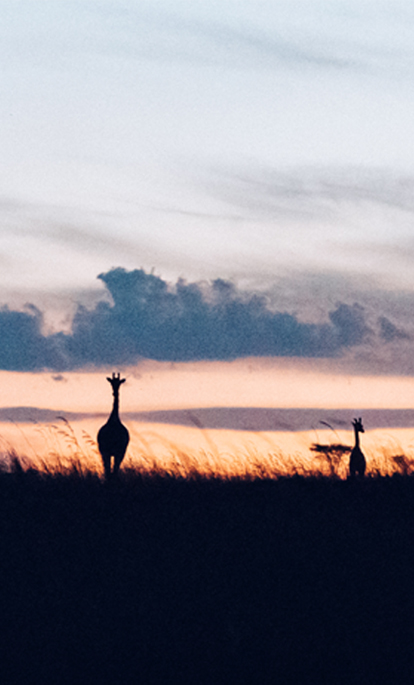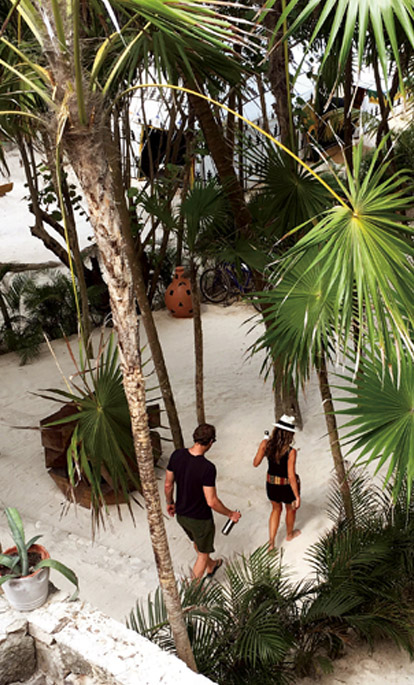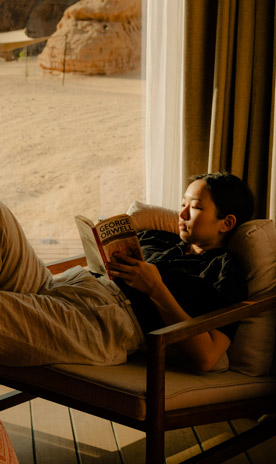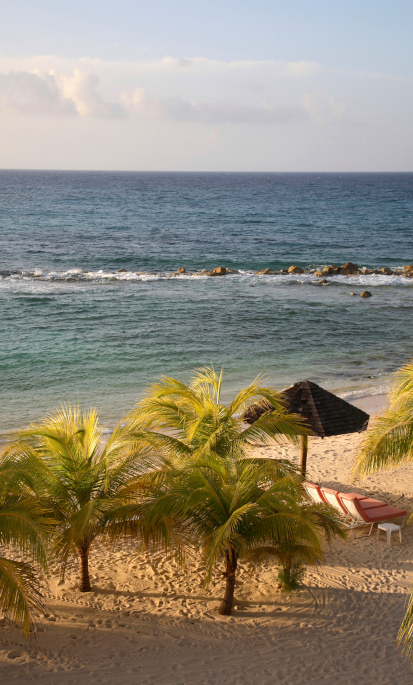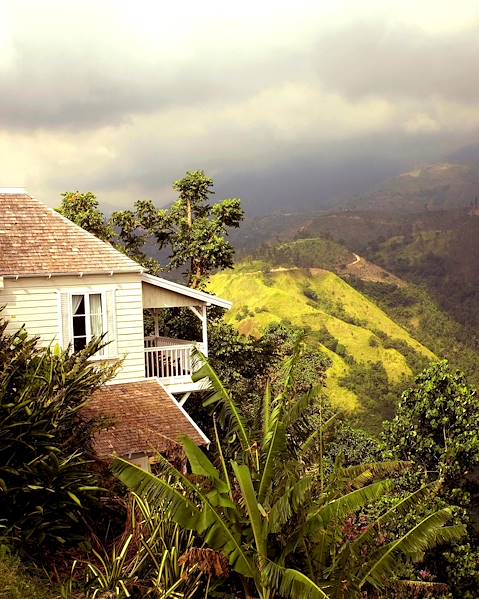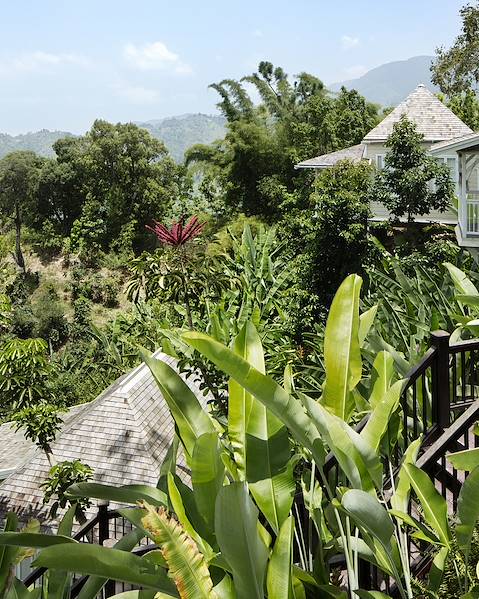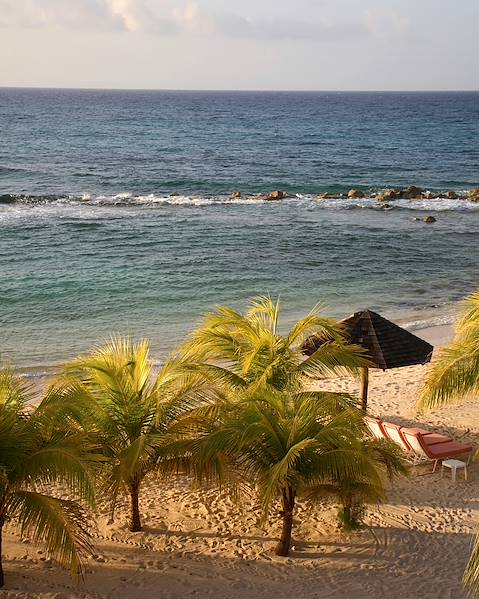Population
2.83 million inhabitants (2024)
Official language
English
Languages spoken
The majority of the population also speak Jamaican Patois.
People
Jamaicans of African descent represent 76.3% of the population, followed by 15.1% Afro-European, 3.4% East Indian and Afro-East Indian, 3.2% Caucasian, 1.2% Chinese and 0.8% other.
Religion
The majority of Jamaicans are protestant, making up 64.8% of the population, while Catholicism makes up 2.2%.
National Holiday
August 6: Independence Day.
Holiday Schedule
January 1: New Year’s Day
Monday after East Sunday: Easter Monday
May 23: Labour Day
August 1: Emancipation Day
August 6: Independence Day
October 17: National Heroes’ Day
December 25: Christmas Day
History
Jamaica’s history officially began with Christopher Columbus in May 1494. Thoroughly impressed with what he saw – ‘the fairest island that eyes have beheld: mountains and the land seem to touch the sky … all full of valleys and fields and plains’ – he came back with Spanish settlers who colonised the land. This forced the already established Tainos (American Indians) out of their homes and into unpaid labour. By the time the English settled in 1655 (a century and a half later) the Taino population had perished completely and slavery and sugar cultivation quickly became Jamaica’s main trade.
When the English arrived, the Spaniards fled to the neighbouring islands and their slaves fled to the mountains to form independent groups called Maroons. Joined in time by other ex-slaves who had escaped the English, their stronghold became so great that the English were eventually forced to sign peace treaties granting the Maroons self-government. Now, every January 6th, the Maroons celebrate the signing with a lively song and dance within the sacred lands.
Slavery was abolished in 1834 and in the years that followed, much of modern Jamaica was forged. Migrants from India, China and the Middle East settled and bought with them the country’s national motto: ‘Out of Many, One People’. By the 1930s, politics had formed with the founding of the country’s two major parties, the People's National Party and the Jamaica Labour Party. And so, on August 6th 1962, Jamaica became an independent nation from the British and Jamica’s new black, gold and green flag was raised for the first time.
Policy
Jamaica is a constitutional monarchy with a parliamentary system of government. The principal policymakers are the cabinet, who consist of the prime minister and at least 11 other ministers. The bicameral parliament consists of the House of Representatives and the Senate. The House has 63 members, who are directly elected. The Senate has 21 members, who are appointed by the governor-general—13 by the advice of the prime minister and eight by the leader of the opposition. Senators are appointed for the duration of a single parliamentary term.
Etiquette
Unsurprisingly, etiquette in Jamaica for meeting and dining is pretty informal. Meals are often serviced buffet-style and table manners are continental. Common greetings are handshakes but a cheery ‘good morning’ is sure to go a long way too.
Shopping
You won’t find mega-Dubai-sized malls here – but that’s kind of the point. Here, it’s all about craft markets. In between beachside massage and hair braiding stalls in Negril and Port Antonio’s Craft Village (a collection of small huts), which also includes a bar, restaurant and play area, shopping in Jamaica is a very relaxed activity. In Montego Bay, shopping doubles as a historic tour with the Old Fort Craft Market, which sits in the grounds of the 17th century Fort Montego, while Kingston’s Craft Market comes with epic views of the harbour’s rolling waves.
Food
Food in Jamaica starts with the national dish – Ackee and salt fish. Fried with peppers, onions and spices, it is usually enjoyed at breakfast (particularly by the likes of Usain Bolt) but thanks to its versatility, it works for any meal. Jerk chicken and pork aren’t to be forgotten either. As the country’s most famous export (besides Bob Marley and rum), it is often found on the menus of chic restaurants as well as on roadsides, grilled atop metal drums. Pescatarians? This next one is for you. Fish Tea – but it’s not what you think. A spicy fish soup made with Jamaican Doctor Fish, it is said to be an energising and salubrious dish – as well as an aphrodisiac.
Drink
Jamaicans love a drink and we’re not even talking alcohol here. From Grapefruit Soda and Bag Juice, which comes (you guessed it) in a bag, tasting like colourful melted ice pops, to Blue Mountain Coffee, which is renowned world-wide, Jamaica is a smorgasbord of soft drinks. If it’s the harder stuff you’re after, Jamaican cocktails like the Bob Marley, Dirty Banana and Jamaican Bobsled are sure to go down a treat. Of course, a holiday to this low-key isle isn’t complete without a glass of Jamaican rum. The key ingredient to most cocktails, it is best served cold in a local bar with a Bob Marley soundtrack on repeat.
